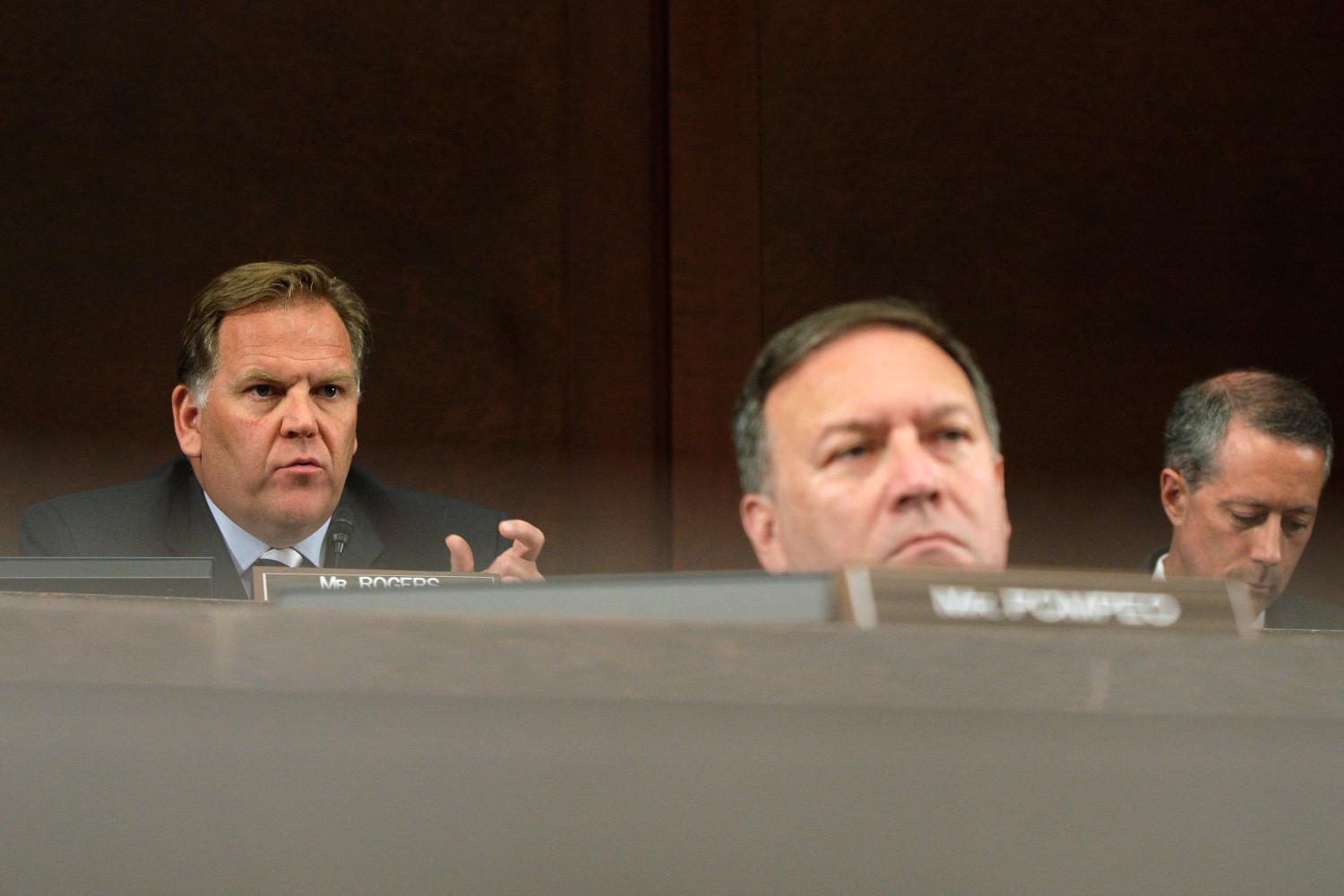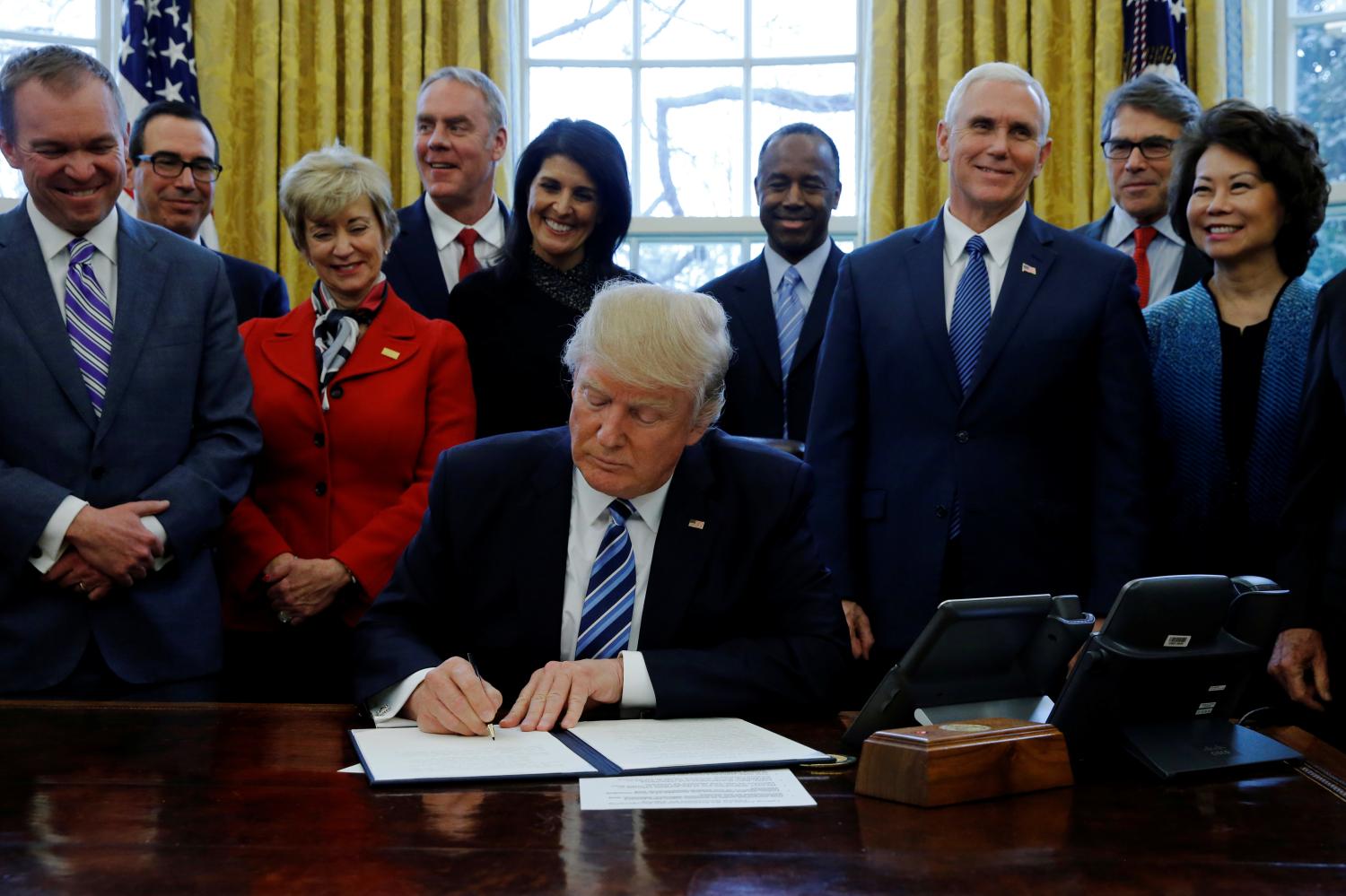Since disclosures of the National Security Agency’s domestic spying programs first surfaced in 2005, much of the debate in Washington has focused on executive overreach and legal interpretations that distorted surveillance provisions enacted by Congress. The Edward Snowden leaks especially reveal the startling ways the Bush and Obama administrations have stretched relatively modest provisions of the PATRIOT Act.
In the new paper, “Secrecy and negligence: How Congress lost control of domestic surveillance,” William Bendix and Paul J. Quirk show that much of the executive branch’s unilateral action is a result of Congress’s concerted neglect of surveillance decision making. For much of the period after 9/11, very few members were familiar with the actual practices of domestic spying programs, with the result that Congress repeatedly reauthorized intelligence-gathering activities on the basis of false and misleading accounts of their scope.
The authors find that:
- The Bush and Obama administrations have made all the major policy decisions about phone and email data collection, ignoring key restrictions spelled out in the PATRIOT Act. Initially, only a few congressional leaders and select members of the Intelligence committees were briefed on the NSA’s domestic spying programs. This arrangement did not produce effective legislative control.
- Most members were unaware of dragnet data collection programs until the Snowden leaks, suggesting that they lacked essential information for informed deliberation. Some members were denied access to classified briefings; others simply failed to attend them.
- Congress had chances to reassert its authority over domestic surveillance in several extensions and reauthorizations of the PATRIOT Act from 2005 to 2011. Congressional leaders sought to foreclose potentially divisive debates and the resulting publicity. Many members sought to avoid responsibility. A few legislators struggled in vain to draw Congress’s attention to privacy concerns without exposing classified programs. In each case, Congress in effect deferred entirely to the executive branch on surveillance policy.
- The Snowden revelations of 2013 and 2014 led to sharp protests and legislative activity in both the House and Senate, but the increasingly severe partisan gridlock undermined Congress’s ability to address the issue. With major PATRIOT Act provisions expiring in 2015, the future of the NSA’s data collection practices is uncertain.
- If the country is to balance security and privacy concerns in the future, there will be a need to reform Congress’s methods of dealing with classified surveillance programs and to expand capabilities for oversight and auditing of executive-branch implementation.
The Brookings Institution is committed to quality, independence, and impact.
We are supported by a diverse array of funders. In line with our values and policies, each Brookings publication represents the sole views of its author(s).




